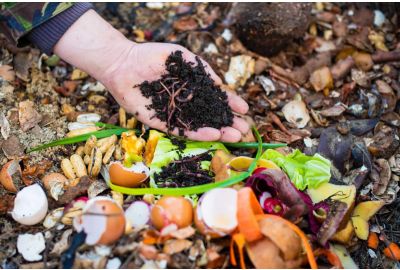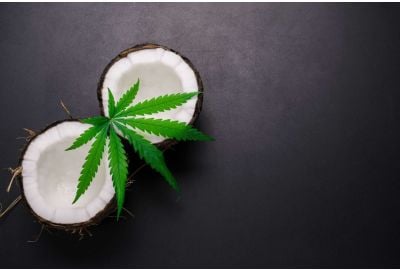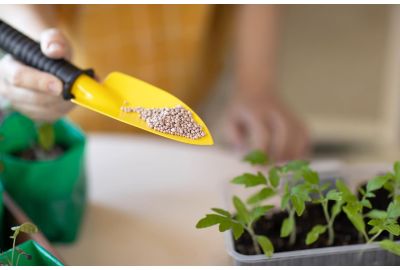Autoflower Nutrients: The Best Nutes for Autoflowering Plants
Did you know that autoflower cannabis plants have different nutritional needs than photoperiod ones? Due to their genetics and growing characteristics, supply autoflower nutrients in lesser doses.
Thanks to the ruderalis genes that autoflowers have, they possess many self-maintaining qualities. Despite their hardy nature, they still need food to grow into robust crops with bountiful yields.
Whether indica or sativa variants, providing the right amount of the best autoflower nutrients is vital. Over or underfeeding your crops causes ripple effects of unwanted problems that you don't want.
It's important to note that most commercialized nutrients are designed for photoperiod marijuana crops. Autoflower plants need fewer nutes than photos, which is why it's important to be specific with feeding.
Join us as we discover what the best nutrients for autoflower marijuana crops are and when you need to give them.
Are there some autoflower-specific nutrients?
Autoflower marijuana crops are more resilient than their photoperiod family members. They don't need as many nutrients but still require some food to thrive. Thanks to their ruderalis genetics, they learn to adapt well to their environment.
The nutrients for autoflowers are the same as other variants, just given in smaller doses. Most nutes are designed specifically for photoperiod plants. The automatic transitioning and faster growth from seed to harvest has autos only requiring half the feeding quantities.
Autoflower cannabis plants use large amounts of macronutrients and small doses of micro nutes. Because autos are part of the ruderalis family, they also need low quantities of trace elements.
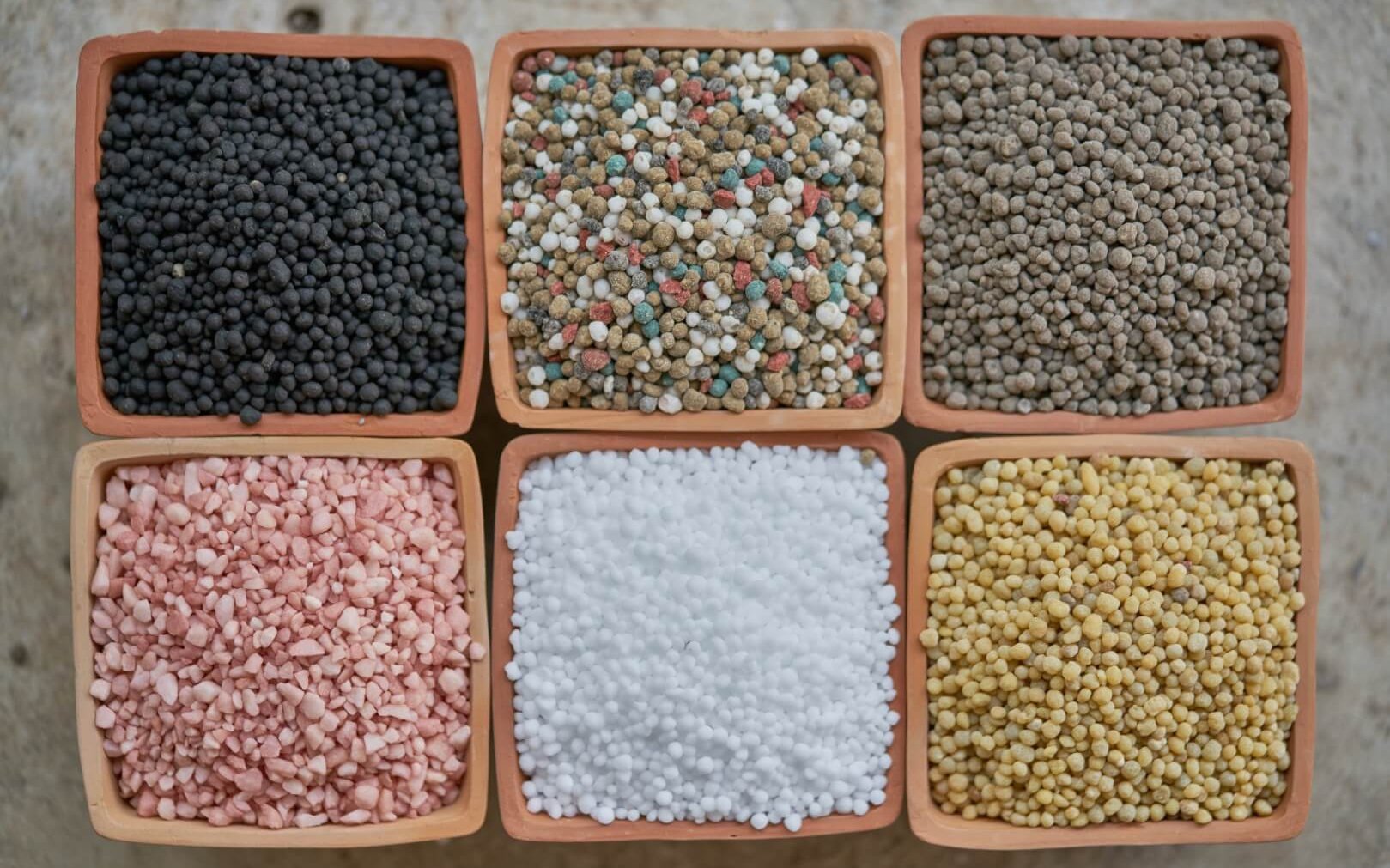
Many growers, especially novices, make the mistake of overfeeding and overwatering in the hopes of larger yields. Too many nutrients aren't good for cannabis crops in general. It causes stunted growth, root rot, and nutrient burn.
Some autoflower fertilizers readily contain the following nutrients needed for cannabis plants:
| Macronutrients(Large amounts) | Micronutrients(Small amounts) | Trace elements(Lesser amounts) |
| Nitrogen (N) | Magnesium | Boron |
| Phosphorous (P) | Calcium | Copper |
| Potassium (K) | Sulfur | Zinc |
| Iron | ||
| Manganese | ||
| Molybdenum |
What nutrients do autoflowers need?
All cannabis plants require macro and micronutrients and trace elements for healthy growth. Autos may need far fewer nutrients, but you need to nute up the right way if you're after a budding harvest.
Whether you're going with the best brand of nutrients for autoflowers or homemade organic feeds, they'll need the following nutes:
- Nitrogen: For vigorous growth and development.
- Phosphorous: Ideal for transferring energy and the full function of photosynthesis.
- Potassium: Is needed for retaining water in the stomata.
- Magnesium: Assists the function of chlorophyll to receive light and create sugars.
- Calcium: Needed for the structure of cannabis plants.
- Sulfur: Helps build essential enzymes, plant proteins, vitamins, and amino acids.
- Boron: Supports the cell walls of marijuana crops. A deficiency of boron can cause your plant to collapse.
- Copper: Assists with photosynthesis. It also aids the crops in metabolizing carbohydrates and proteins.
- Zinc: Promotes production of the growth hormone and internodal stretching.
- Iron: Needed to preserve the structure and role of chloroplasts.
- Manganese: Required for the function of nitrogen absorption, respiration, photosynthesis, and reproduction of the plant.
- Molybdenum: Is needed for enzymes that allow plants to combine amino acids.
The best nutrients for autoflowers are available in different formations. Popular ones are mixed in water or soil and powdered blends. Selecting the best nutrients for your crops depends on your cultivar and method of growing. Irrespective of this, choose between organic or inorganic nutes.
Organic nutrients create an ecosystem in your growing medium. It's a natural way of enriching the environment surrounding the roots of marijuana crops. Microorganisms break the nutrients down for the plant to absorb them easily.
Inorganic (synthetic) nutrients for autoflowers feed the plant directly. The roots absorb the exact amount. When providing too much, nute burn occurs.
The nutritional requirements between strains vary. Follow the growing instructions on the packaging of cannabis seeds.
Slow-release autoflower nutrients are available in pellet or powder form. These are gradually released into the growing medium giving you ample time between feeds. Liquid nutrients are commonly used among growers because they’re cheaper and readily available to purchase.
The nutrient ratio classification on the packaging tells you how much of each micronutrient the liquid holds. It's usually shown after the nitrogen, phosphorus, and potassium (NPK) abbreviation.
Synthetic nutrients for autoflowers destroy the natural ecosystem needed by plants. Organic growing methods are beneficial to your crops as they enhance the buds' flavor and aromas.
Autoflower nutrient schedule: When to feed autoflowers?
Most inorganic nutrients are created to feed photo-sensitive cannabis plants and not autoflowers. Unless you're using feed specifically formulated for autoflowering cannabis, it's vital only to use a portion of the product at a time.
A cannabis feeding schedule helps you manage your crops' growth cycle and gives them the right amount of food when needed. Knowing when to feed autoflowers is essential.
Seasoned growers may be familiar with the needs of their crops and usually provide half the nutes. Beginners need to follow strict guidelines to get used to the plants' needs. Follow the plan below to ensure you're feeding your autoflowers correctly:
| Growth stage | Time of growth | Food(commercial nutrients for photoperiod crops) |
| Germination | 1–5 days | Plain water |
| Seedling | Week 1 | Plain water |
| Vegetation | Week 2 | ⅛ of vegging nutrients |
| Vegetation | Week 3 | ¼ of vegging nutrients |
| Vegetation | Week 4 | ¼ to ½ of vegging nutrients |
| Pre-flowering | Week 5 | ¼ vegging and ⅛ flowering nutrients |
| Flowering | Week 6 | ¼ flowering and ⅛ vegging nutrients |
| Flowering | Week 7 | ½ of flowering nutrients |
| Flowering | Week 8 | ½ of flowering nutrients |
| Flowering | Week 9 | ½ of flowering nutrients |
| Ripening | Week 10 | ⅛ of flowering nutrients |
| Flushing | Week 11 | Plain water |
Follow the feeding schedule below to provide organic cannabis nutrients to your crops.
If you're using filtered water, use quality fertilizer for autoflowers containing micronutrients and trace elements.
| Organic nutrients | Seedling stage | Vegetative stage | Flowering stage |
| Seedling booster Week 1–2 | 8 liters of water 0.85 oz. nutrients | ||
| Growtime Week 1–4 | 8 liters of water 0.85 oz. nutrients | ||
| Flowertime Week 1–8 | 24 liters of water 2.12 oz. nutrients | ||
| Plant booster Week 6–7 | 24 liters of water 0.85 oz. nutrients |
The best autoflower fertilizer for each growth stage
Use the best fertilizer for autoflowers to maintain the required nutrient intake at each growth stage. The NPK ratio is displayed by digits, indicating how much of each nutrient it contains. 16–16–16 means 16% of each one, in the order of nitrogen, phosphorus, then potassium.
Autoflowers need more nitrogen during the vegging stage to boost plant growth. For better bud production, they require more potassium and phosphorus throughout flowering. It's therefore important to get the NPK ratios right during each growth stage.
For soil-based growing, provide the best fertilizer for marijuana at each growth stage with these autoflower nutrients:
Seeding stage
Autoflower cannabis plants are fragile at this stage. The roots establish new patterns while the two cotyledons provide most of their needs. Giving your crops plain water during the first two weeks is usually enough.
You can feed your plant using potting soil containing minimal nitrogen and phosphorus. Seedling boosters with a ratio of 11–40–13 are ideal and provide the baby cannabis crops with what they need.
They're the best nutrients for autoflowers during this phase as they promote healthy roots and strong growth.
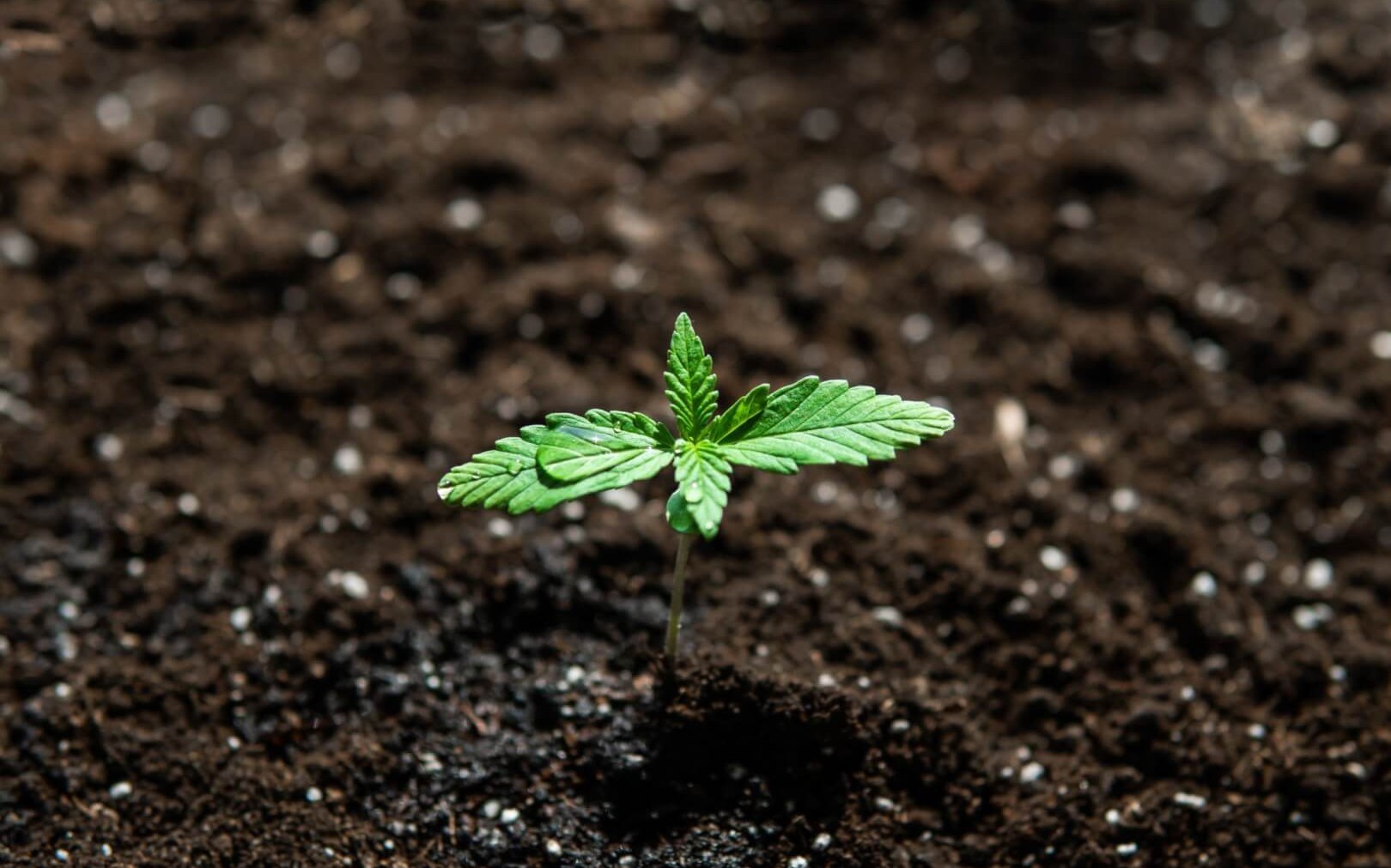
Vegetative stage
When cannabis crops are in the vegging stage, their primary goal is to grow. The minute you start detecting rapid growth with your auto plants, you know they're in the vegetative phase. Feeding autoflowers ample nitrogen at this stage is vital, with moderate amounts of phosphorus and potassium.
A 19–5–20 ratio of macronutrients is ideal for optimal growth. It ensures strong root function, larger nutrient intake, and enhanced microbial activity. The secondary micronutrients are usually available in commercialized fertilizer that autos also need.
Flowering stage
Because autoflower cannabis plants transition into their flowering stage without light manipulation, it's important to note the pistils. Once they become visible, you'll know your crops are in the pre-flowering stage.
Once the pre-flowers appear, the most important autoflower nutrient is phosphorus. They need half vegging and half flowering nutes. When the plants go into full flowering, they eliminate the vegetative nutrients and feed the bud production.
16–6–30 macronutrients are ideal for fattening the buds and enlarging the colas.
4 of the best organic nutrients for autoflowers
Looking for ways to grow healthier crops with more flavor and fragrance? Use organic nutrients for your autos and reduce the chances of deficiencies. Apart from the ample benefits for your plants, they’re an eco-friendly way of growing marijuana.
The best organic nutrients for autoflowers are found in Homegrown Cannabis Co.s Organic Nutrients Pack, which contains:
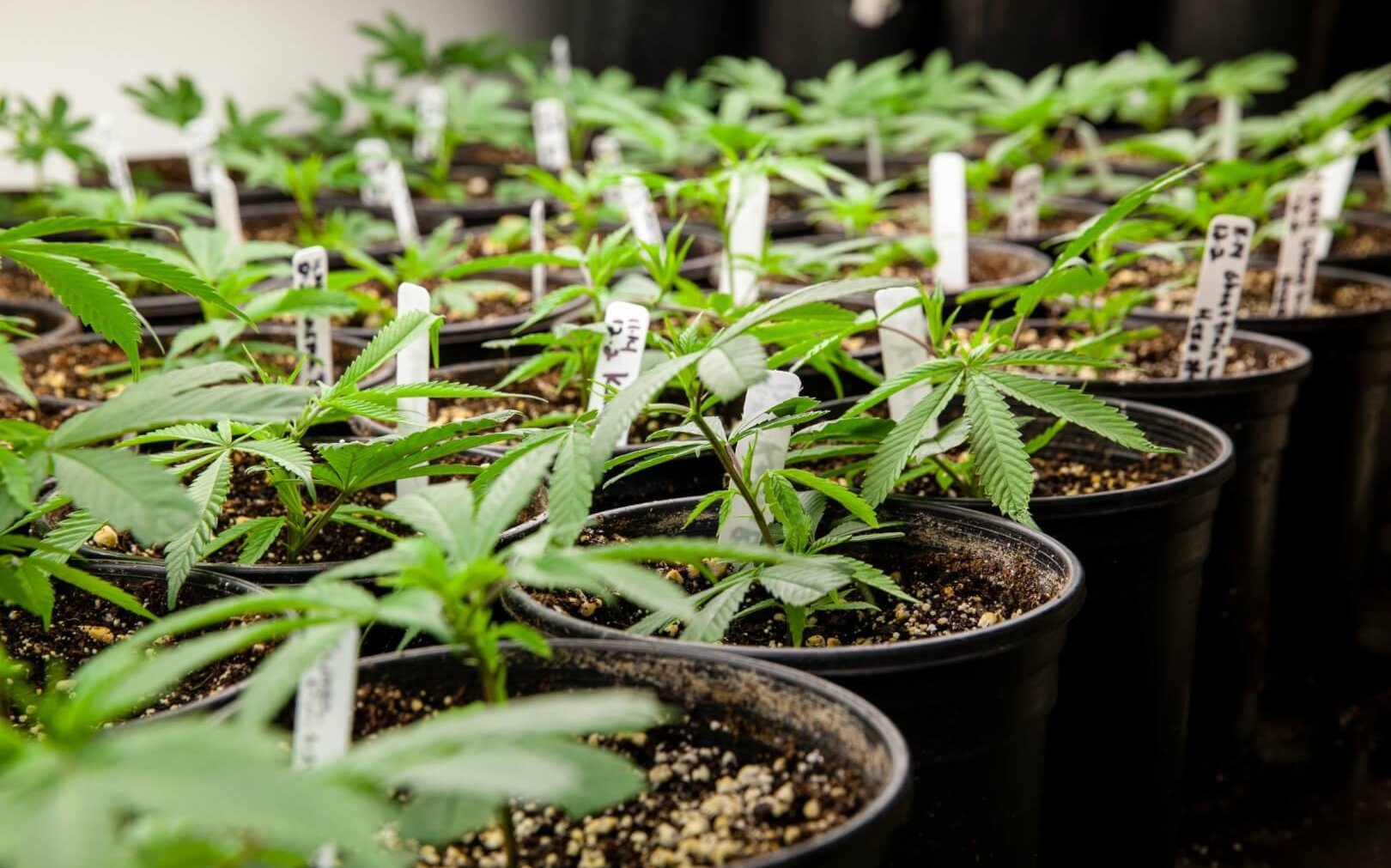
Organic Seedling Booster
The best organic nutrients for autoflowers are these seedling boosters. Promoting healthy root
development at this stage is the main focus of growth—without overpowering the baby cannabis. The Organic Seedling Booster encourages stable root development and strong growth.
The NPK ratio is 2–5–2 that's derived from:
- Rock phosphate
- Magnesium sulfate
- Soy protein hydrolysate
- Kelp extracts
- Calcium carbonate
Organic Growtime Fertilizer
Autoflowers reach maximum potential with well-balanced macro and micronutrients. Providing the best nutrients for autoflowers during vegetation is essential. The crops begin stretching and require support from their intake of nutes.
The Organic Growtime Fertilizers NPK ratio of 9–1–7 encourages strong absorption of nutrients emanated from:
- Rock phosphate
- Potassium sulfate
- Copper sulfate
- Manganese sulfate
- Soy protein hydrolysate
- Sodium borate
- Kelp extract
- Ferrous sulfate
- Zinc sulfate
- Magnesium sulfate
Organic Flowertime Fertilizer
Once your autos begin flowering at their discretion, it's time to boost bud production. Select the best organic nutrients for autoflower by using the Organic Flowertime Fertilizer from Homegrown Cannabis Co.
With an NPK ratio of 6–2–12, your autoflowering cannabis plants receive vital nutrients to fatten up those buds. Begin using this fertilizer as soon as the first flowers appear.
These nutes for autoflowers are made up of:
- Rock phosphate
- Kelp extract
- Magnesium sulfate
- Sodium borate
- Zinc sulfate
- Soy protein hydrolysate
- Ferrous sulfate
- Manganese sulfate
- Potassium sulfate
- Potassium chloride
- Copper sulfate
Organic Plant Booster
A little extra goes a long way with the Organic Plant Booster, which is ideal for fast-growing autoflowering plants. These nutrients for autoflowers provide additional nutritional value to encourage stronger growth and larger colas with plumper buds.
This plant booster has an NPK ratio of 0–13–15, enabling the autos to retain nitrogen, strengthen roots, and promote flowering.
These organic packs of nutes are brought together by blending:
- Potassium sulfate
- Rock phosphate
- Kelp extract
Autoflower nutrients: Less is more
Just because autos are environmentally flexible doesn't mean they don't need the beneficial qualities of autoflower nutrients. Their ruderalis genes allow them to survive in unfavorable conditions, but for a rewarding harvest, they still need food.
All cannabis crops need a balanced intake of macro and micronutrients to thrive. Autos need them in smaller doses because they have a shorter growth cycle.
Autoflowering marijuana crops grow differently from photoperiods, so their feeding patterns differ too. Follow the nutrient schedule for autoflowers organic or synthetic feeds to avoid over or under-feeding your plants.
Remember to always check out the packaging of nutrients for the NPK ratios. For optimal results, make use of the best organic nutrients for autoflowers. An all-green feeding system that's environmentally friendly for bigger, better, and tastier yields.
Stock up on the best brand of nutrients for autoflowers from Homegrown Cannabis Co. Now that you know how to feed autoflowers, it's time to get some new autoflowering cannabis seeds.
About the author: Derek LaRose
Also known as Kronic from The Cannabis Kronicles, Derek LaRose is a young ambitious cultivator and a staple educator for indoor cultivation.
